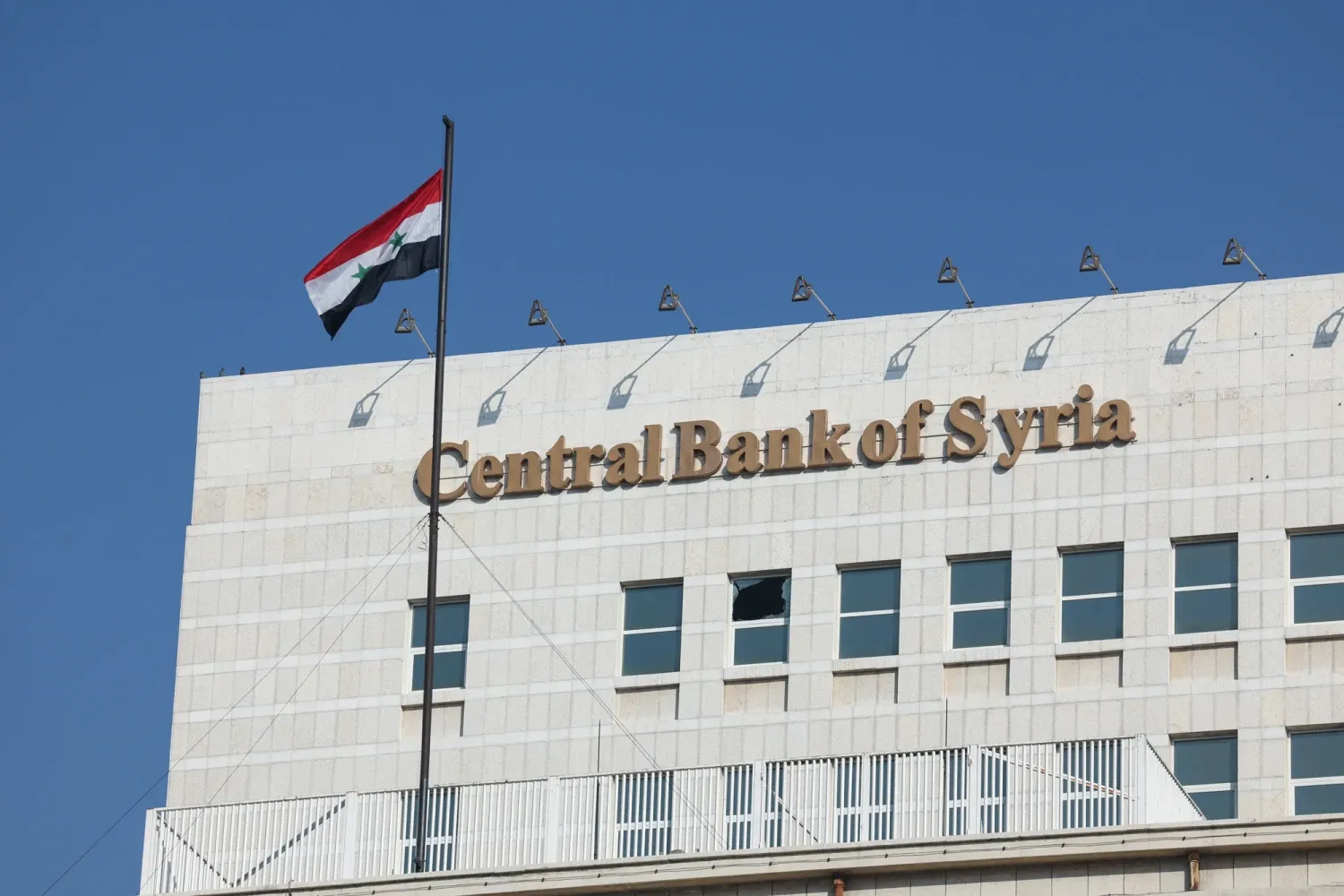In a major move to improve safety and service quality in Nigeria’s ride-hailing sector, Bolt has announced a €100 million (around $107 million) investment focused on enhancing safety standards for both drivers and passengers. The investment will fund new safety technologies, accident prevention measures, customer support upgrades, and public safety awareness campaigns, underscoring Bolt’s commitment to providing a secure and reliable platform.
One of the first measures introduced as part of this initiative was a sweeping cleanup of Bolt’s driver database, which led to the removal of over 5,000 drivers from its platform in 2023. This action was part of a broader effort to improve the quality of service for users and maintain a trusted network of drivers. Bolt has further introduced a driver score system that evaluates performance by tracking factors such as trip acceptance rates, successful trip completions, and responsiveness to passenger feedback.
Bolt’s Driver Score System: Striving for Quality, But Meeting Resistance
Bolt’s newly implemented driver score system is intended to standardize quality and ensure accountability among drivers. The system calculates a driver’s score based on the last 100 trips, using data points like acceptance rates, completed trips, and customer feedback. A higher score could lead to rewards and incentives for drivers, while consistently low scores may result in corrective action or removal from the platform.
Lola Masha, Bolt’s Regional Manager for North and West Africa, explained that this performance-based system is central to maintaining the quality of service on the platform. “We’re committed to ensuring that our riders receive the best experience possible, and the driver score system is a step in that direction,” Masha said.
However, the new rating system has sparked controversy. The Amalgamated Union of App-based Transporters of Nigeria (AUTON) has voiced concerns over the pressure it places on drivers, warning of the psychological impact. Jaiyesimi Azeez, the Lagos council chairman of AUTON, argued that the system could add unnecessary stress on drivers, potentially harming their well-being and performance. According to Azeez, constant evaluation can create anxiety, leading to burnout and compromising the quality of service it was designed to protect.
This friction highlights a larger debate within the gig economy about fair working conditions. Many drivers in Nigeria, as in other countries, have voiced concerns about the lack of job security, benefits, and protections typically afforded to traditional employees. As a platform-dependent workforce, they often face tight deadlines and rigid performance metrics, leading to a conversation about the rights and protections for gig economy workers.
€100 Million Safety Investment: New Features and Measures to Protect Drivers and Riders
Bolt’s commitment to enhancing safety in Nigeria is supported by its €100 million investment, aimed at addressing safety issues that have plagued the ride-hailing industry. With road safety in Nigeria being a significant concern, Bolt’s investment aligns with the urgent need for improved safety standards across the sector.
Some of the notable safety features Bolt plans to implement include a four-digit trip pickup code, which requires both the driver and passenger to verify the code before the journey begins. This is intended to minimize the risk of unauthorized or mistaken pick-ups, providing an additional layer of security. Additionally, a new trip counter will give both riders and drivers real-time tracking throughout the trip, ensuring transparency and enhancing trust.
Other planned measures include driver and rider identity verification protocols, stricter vehicle inspections, and random spot checks on driver behavior and vehicle condition. These features, when fully implemented, aim to ensure that only verified, reliable drivers and safe, well-maintained vehicles are on the platform.
Supporting Nigeria’s Public Safety Infrastructure
In addition to in-app features, Bolt is investing in broader safety awareness campaigns to support public safety in Nigeria. Given the high rate of road accidents and safety concerns in urban areas, these campaigns are expected to address responsible driving, accident prevention, and personal safety measures. This aligns with government efforts to improve road safety standards and build a safer transportation network.
Bolt is also enhancing its customer support system to provide faster responses in case of emergencies. According to Masha, the upgraded support framework will include a 24/7 emergency hotline and quicker response times for both drivers and passengers, ensuring that any safety incidents are swiftly addressed.
Competition in Nigeria’s Ride-Hailing Market: Safety as a Differentiator
Bolt’s substantial investment comes amid growing competition in Nigeria’s ride-hailing market, with companies such as Uber, inDriver, and local players vying for market share. Nigeria has one of the largest and fastest-growing ride-hailing markets in Africa, driven by urbanization, traffic congestion, and limited public transport options. As more people rely on ride-hailing services for daily commutes, safety and quality of service have become crucial factors in attracting and retaining customers.
The emphasis on safety could set Bolt apart from competitors. By addressing security concerns through tangible safety improvements, Bolt could enhance customer loyalty in Nigeria’s competitive landscape. Uber, for instance, has also been rolling out safety features, such as “RideCheck,” which detects unusual stops and offers assistance. Both companies’ focus on safety could ultimately drive better standards industry-wide, benefiting riders and drivers alike.
Balancing Business Growth with Social Responsibility
Bolt’s investment also underscores a larger trend in corporate responsibility among tech companies in Africa. As global corporations establish a stronger presence on the continent, there is a growing expectation for these companies to contribute positively to the local economy, society, and environment.
Bolt’s commitment to improved safety and quality in Nigeria speaks to this shift. The company recognizes that its long-term success is tied not only to profit margins but also to the social impact it has on the communities where it operates. By improving driver working conditions, enhancing passenger safety, and investing in public awareness, Bolt is working to demonstrate that profitability and social responsibility can go hand-in-hand.
The Future of Ride-Hailing in Nigeria
The Nigerian ride-hailing market is expected to continue growing, with predictions indicating that Africa’s digital economy could be worth up to $712 billion by 2050, according to a report by the International Finance Corporation (IFC). As digital transportation services expand, the importance of implementing robust safety standards and fostering strong community relationships cannot be overstated. For companies like Bolt, setting a high bar for safety and reliability will be essential to capitalizing on this growth potential and maintaining a loyal user base.
In a market where regulatory frameworks for ride-hailing are still evolving, Bolt’s actions may also influence policy development. Nigerian authorities have shown increasing interest in regulating the ride-hailing sector to ensure the safety and rights of both drivers and passengers. By proactively enhancing safety and quality standards, Bolt may shape future regulations and become a model for other operators in the region.
Conclusion: A Commitment to Safety and Sustainability
Bolt’s €100 million investment in Nigeria is a significant step toward creating a safer and more secure ride-hailing experience for all. Through its driver score system, extensive safety features, and customer support upgrades, Bolt aims to set new standards in an industry that has faced challenges around security and service quality. While the driver score system has met some resistance, it represents a broader effort to hold all parties to a high standard of professionalism and service quality.
By focusing on safety, innovation, and social responsibility, Bolt is positioning itself as a key player in Nigeria’s transportation ecosystem. As the company continues to roll out its safety initiatives and collaborate with local stakeholders, its impact may extend beyond the ride-hailing sector, contributing to Nigeria’s broader goals of sustainable development and economic growth. Through this commitment, Bolt is working not only to build trust with its users but to strengthen its reputation as a leader in safe and reliable transport across Nigeria and West Africa.
Ready to take your career to the next level? Join our dynamic courses: ACCA, HESI A2, ATI TEAS 7 and HESI EXIT !🌟 Dive into a world of opportunities and empower yourself for success. Explore more at Serrari Ed and start your exciting journey today! ✨
photo source: Google
By: Montel Kamau
Serrari Financial Analyst
12th November, 2024
Article, Financial and News Disclaimer
The Value of a Financial Advisor
While this article offers valuable insights, it is essential to recognize that personal finance can be highly complex and unique to each individual. A financial advisor provides professional expertise and personalized guidance to help you make well-informed decisions tailored to your specific circumstances and goals.
Beyond offering knowledge, a financial advisor serves as a trusted partner to help you stay disciplined, avoid common pitfalls, and remain focused on your long-term objectives. Their perspective and experience can complement your own efforts, enhancing your financial well-being and ensuring a more confident approach to managing your finances.
Disclaimer: This article is for informational purposes only and does not constitute financial advice. Readers are encouraged to consult a licensed financial advisor to obtain guidance specific to their financial situation.
Article and News Disclaimer
The information provided on www.serrarigroup.com is for general informational purposes only. While we strive to keep the information up to date and accurate, we make no representations or warranties of any kind, express or implied, about the completeness, accuracy, reliability, suitability, or availability with respect to the website or the information, products, services, or related graphics contained on the website for any purpose. Any reliance you place on such information is therefore strictly at your own risk.
www.serrarigroup.com is not responsible for any errors or omissions, or for the results obtained from the use of this information. All information on the website is provided on an as-is basis, with no guarantee of completeness, accuracy, timeliness, or of the results obtained from the use of this information, and without warranty of any kind, express or implied, including but not limited to warranties of performance, merchantability, and fitness for a particular purpose.
In no event will www.serrarigroup.com be liable to you or anyone else for any decision made or action taken in reliance on the information provided on the website or for any consequential, special, or similar damages, even if advised of the possibility of such damages.
The articles, news, and information presented on www.serrarigroup.com reflect the opinions of the respective authors and contributors and do not necessarily represent the views of the website or its management. Any views or opinions expressed are solely those of the individual authors and do not represent the website's views or opinions as a whole.
The content on www.serrarigroup.com may include links to external websites, which are provided for convenience and informational purposes only. We have no control over the nature, content, and availability of those sites. The inclusion of any links does not necessarily imply a recommendation or endorsement of the views expressed within them.
Every effort is made to keep the website up and running smoothly. However, www.serrarigroup.com takes no responsibility for, and will not be liable for, the website being temporarily unavailable due to technical issues beyond our control.
Please note that laws, regulations, and information can change rapidly, and we advise you to conduct further research and seek professional advice when necessary.
By using www.serrarigroup.com, you agree to this disclaimer and its terms. If you do not agree with this disclaimer, please do not use the website.
www.serrarigroup.com, reserves the right to update, modify, or remove any part of this disclaimer without prior notice. It is your responsibility to review this disclaimer periodically for changes.
Serrari Group 2025





